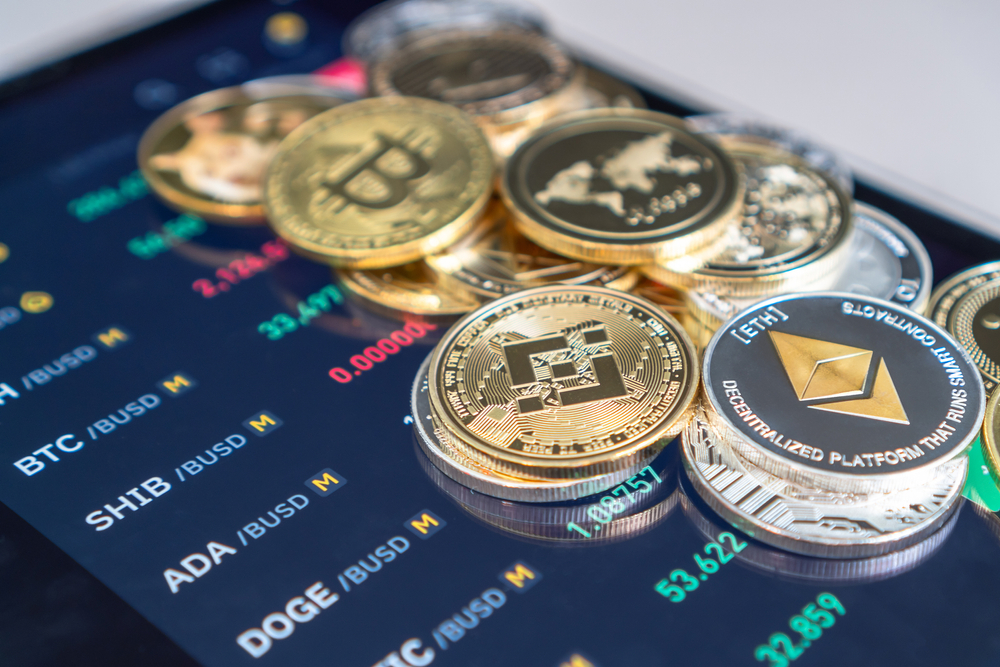How to Buy Bitcoin in Switzerland: A Beginner’s Guide

Switzerland, known for its picturesque landscapes and innovative spirit, has also become a haven for cryptocurrency enthusiasts and investors. With its progressive regulatory framework regarding blockchain technology, Switzerland has earned the title of “Crypto Valley.” This comprehensive guide explores the various methods available for buying Bitcoin in Switzerland and provides insights into the country’s legal landscape.
Legal Status of Bitcoin in Switzerland
Switzerland regulators acknowledge Bitcoin (BTC) as a legal asset or property. Thus, exchanges and digital currency platforms can operate within Swiss borders once they’ve obtained the necessary permissions.
Tax implications also play a role, with gains made via BTC subject to income tax for corporations and professional traders or wealth tax for individuals. The robust regulatory framework and favorable tax environment have cultivated a thriving blockchain ecosystem in Switzerland, particularly in Zug, where numerous cryptocurrency and blockchain-related enterprises are based.
Swiss Banking Sector and Cryptocurrency
Switzerland’s banking sector has also embraced cryptocurrency and blockchain technology, offering various products and services to cater to the growing demand. These include trading and brokerage services, custodial services, integration of wealth management, and the development of crypto-related investment products.
Try Crypto Engine today, the best crypto trading bot! Click here to sign up. Artificial intelligence crypto bots are leading the trading markets, you can take part in the AI revolution and make money too! Stay ahead of the crypto game with Artificial Intelligence crypto trading bot today!
Several Swiss banks, including Julius Bär, Falcon Private Bank, and Vontobel, have partnered with cryptocurrency specialists to offer their trading and custodial services for digital assets, expanding their wealth management capabilities to include cryptocurrencies. Similarly, Cantonal Bank and Maerki Baumann Bank have incorporated blockchain technology into their operations to diversify revenue streams and attract tech-savvy customers.
Methods of Buying Bitcoin in Switzerland
Switzerland offers myriad avenues for purchasing BTC, catering to individuals with varying expertise and preferences.
Cryptocurrency Exchanges
Cryptocurrency exchanges are Switzerland’s most popular and convenient way to buy BTC. Users can choose from international platforms like Binance and Kraken or native crypto exchanges like Bitcoin Suisse to trade cryptocurrencies.
The process of buying BTC on a cryptocurrency exchange involves:
- Choosing a reputable exchange with a track record of security and reliability.
- Creating an account and completing the identity verification processes per Swiss regulations.
- Funding the account with Swiss francs or other recognized fiat currencies via bank transfers or other payment options.
- Placing a BTC order through a market or limit order and verifying the transaction details before confirming.
- Storing Bitcoin on the exchange or transferring it to a private cryptocurrency wallet for added security.
Bitcoin ATMs
Bitcoin ATMs, or BTMs, provide another convenient way to purchase BTC in Switzerland, particularly for cash transactions. With over 130 ATMs scattered across the country, users can deposit cash and receive BTC directly into their wallets.
The process of buying BTC at a BTM involves the following:
- Locating a nearby Bitcoin ATM using platforms like Coin ATM Radar.
- Depositing cash into the ATM and selecting the desired amount of BTC.
- Completing necessary verification steps, such as providing a phone number or scanning a QR code.
- Receiving Bitcoin in the designated wallet once the transaction is confirmed.
Peer-to-Peer Platforms
Peer-to-peer (P2P) platforms facilitate direct transactions between BTC buyers and sellers. Platforms like Paxful and Remitano offer escrow services to ensure security and facilitate negotiations between parties.
The process of buying BTC on a P2P platform involves:
- Registering on a credible P2P platform and completing any identity verification requirements.
- Finding a suitable seller based on transaction restrictions and credibility.
- Opening a trade with the seller and negotiating terms, including payment method and exchange rate.
- Finalizing the transaction by making payment through bank transfer or other agreed-upon methods.
- Confirming receipt of BTC in the wallet before completing the transaction on the platform.
Swiss Federal Railways Machines
In 2016, the Swiss Federal Railways (SBB) introduced a unique method for buying BTC through ticket vending machines. With over 1,000 machines spread across 700 rail stations, users can purchase BTC using cash transactions. The process of buying BTC at SBB machines involves:
- Having a BTC wallet and Swiss mobile phone number ready.
- Accessing a crypto-enabled SBB machine at any time of day.
- Following the on-screen instructions to complete the purchase, including selecting the desired amount of BTC and making payment.
- Receiving BTC in the designated wallet, online or offline, using a paper wallet.
Where to Spend BTC in Switzerland
As cryptocurrency adoption grows, more businesses in Switzerland accept BTC as a payment method. Cities like Geneva, Zurich, and Lugano boast many restaurants, shops, and luxury boutiques that accept BTC payments.
Renowned brands such as McDonald’s, Rolex, and Lamborghini, pharmacies, convenience stores, and tobacco shops are among those embracing BTC payments. Additionally, many online merchants and service providers offer BTC payment options.
Storing BTC Securely
After the purchase, it’s crucial to store it securely to prevent theft, hacking, cyberattacks, and other risks. While leaving assets on exchanges is convenient, it exposes them to potential security breaches.
Therefore, storing BTC in a private cryptocurrency wallet is recommended for added security. Cold wallets like USB drives or paper wallets offer offline storage options that are less susceptible to online threats. By keeping this digital asset offline and disconnected from the internet, users can minimize the risk of hacking and ensure the long-term security of their cryptocurrency assets.
To Sum Up
Switzerland’s progressive regulatory environment and innovative banking sector have positioned it as a leading cryptocurrency hub. With various methods available for buying and spending BTC and robust security measures for storing cryptocurrency, Switzerland offers a conducive ecosystem for cryptocurrency investors.
Disclaimer: Latest Coin News is your go-to platform for promoting content for a multitude of cryptocurrency and blockchain enterprises, and your organization could be the next to benefit from our services! For inquiries, don’t hesitate to connect with us via our Telegram Chat. Given the volatile nature of the cryptocurrency market, we encourage you to conduct comprehensive research prior to making any investment decisions. Some of the content on our website, such as broker reviews, is either paid content or contributions from guest authors and may not necessarily reflect the views of Latest Coin News. We disclaim any responsibility for the accuracy, quality, and content of advertisements, products, or any other materials, including ad spaces displayed on our platform. For a thorough understanding, we invite you to review our full terms and conditions and disclaimer.






